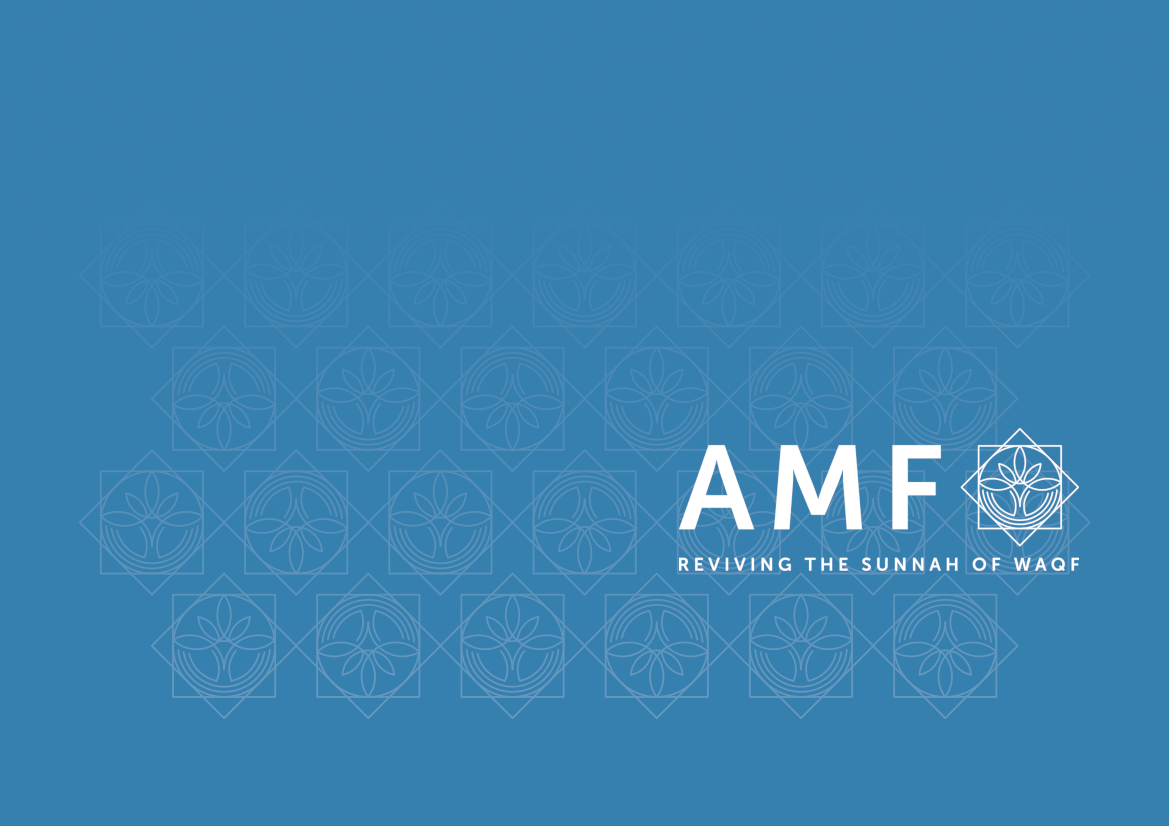
The future of awqaf AI – Bumps in the road
Hisham Dafterdar, CPA, PhD
Chairman
Awkaf Australia Ltd
Artificial intelligence (AI) is getting a lot of media coverage, but what does it mean for awqaf? In the rapidly evolving landscape of the nonprofit sector, the integration of AI technologies has emerged as a game-changer with the potential to improve the way awqaf organisations operate and fulfill their missions. There’s no argument against the idea that AI offers many advantages particularly in alleviating workloads of repetitive tasks, analyzing complex datasets, optimizing resource allocation and engagement with stakeholders. The debate is over the extent that change will impact ethics, integrity, data privacy and trust. These are some of the fundamental issues which are of particular concern for awqaf. The reputation of Awqaf is heavily dependent on upholding these values. Machines will never become conscious, or feel the pain of suffering, the warmth of compassion, the awe of glory, or the fear of God.
For all the fanfare about the unprecedented opportunities artificial intelligence is presenting organisations in enhancing efficiency and effectiveness, many in awqaf want nothing to do with it. Waqifs, donors and nazirs have their time-honoured ways of working. Shariah scholars are loath to sanction new settings until they can find historical references or precedents they can relate to. Technology is accepted at a very slow pace in this sector. Before implementing AI in their operations, awqaf organisations want to ensure that AI models align with ethical, legal and shariah principles.
AI technology is a powerful force sweeping across all sectors, and the awqaf sector is not that far behind. But as AI continues to expand, so do the concerns of awqaf organisations about implementing this technology. Asset preservation, data protection, privacy and authenticity in the relationships with stakeholders are key to maintaining long-term support and impact. Waqifs, donors, nazirs, employees, volunteers and beneficiaries, are not like rail wagons connected together and always in sync. Human elements sometimes move in unpredictable ways. Failure to properly secure AI systems can result in data breaches and unauthorized access, potentially leading to harm or misuse of personal information.
While AI is providing efficient and effective ways of doing things, awqaf organisations are still grappling with ways to leverage the power of this technology. The transition to AI can be complicated, potentially expensive and challenging. Adapting to this cutting-edge technology entails a strategic approach that involves step by step adjustments to fully harness the capabilities of AI while also addressing the challenges and ethical considerations that come with it.
One major challenge that awqaf organisations face is the high cost of implementing AI technology. The initial and ongoing expenses are high and continue to rise, making it a significant barrier for many organisations. In addition, the successful integration of AI requires staff with AI expertise. Given that the majority of awqaf organisations have limited resources and fewer than ten employees and volunteers, unlocking the full potential of this cutting-edge tool proves to be a daunting task.
Despite the challenges posed by the high cost and specialized expertise required for implementing AI technology, there are potential solutions that can help awqaf organisations to overcome these obstacles. Collaborating with other organisations or partnering with tech companies can provide valuable insights and resources that may otherwise be out of reach. By working together, awqaf organisations and tech experts can create accessible and affordable AI solutions tailored to the unique needs of the sector. They can start by identifying areas where AI could be easily implemented and could bring the most yielding results. By gradually introducing AI through small pilot programs and testing processes and outcomes, organisations can proactively identify and resolve any issues before scaling up. Additionally, investing in training programs to enhance the AI proficiency of staff members can further optimize the implementation process.
In this digital age, the integration of AI technologies offers unprecedented opportunities for awqaf organisations to enhance their impact, streamline their operations, improve their efficiency, and better serve their communities. The ongoing evolution of technology will lead to more innovative applications for the awqaf sector. As awqaf organisations start to explore and incorporate AI solutions, adaptability and commitment to ethical practices will be key in navigating the road ahead towards a mission-driven, and technologically empowered future for awqaf. By embracing AI, awqaf organisations can position themselves at the forefront in utilizing this technology for the greater social good. In the years to come we’ll see a growing number of awqaf organizations harnessing the power of AI to improve their operations, increase efficiency, and drive sustainable development initiatives. The question is not whether awqaf will implement changes to utilize artificial intelligence. The question is how far those changes will go, and how fast!

